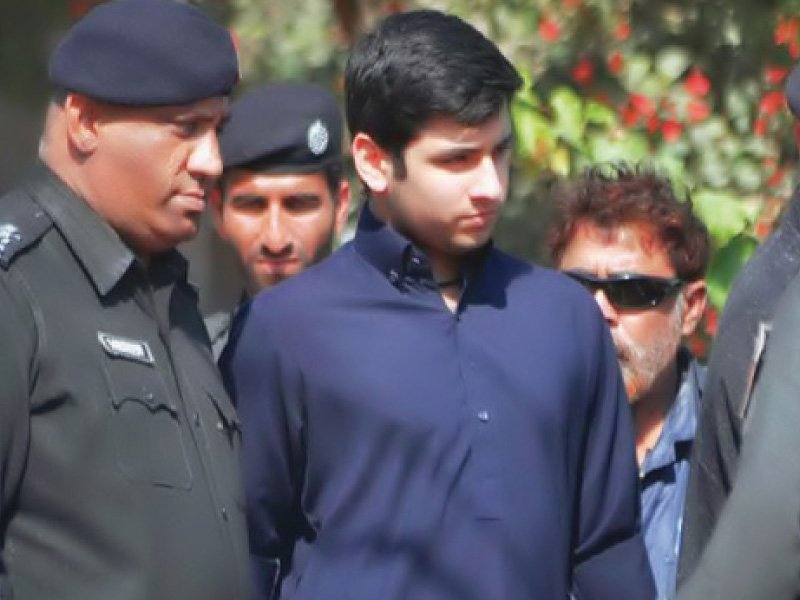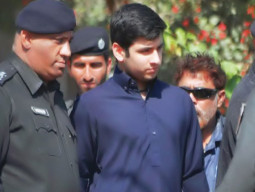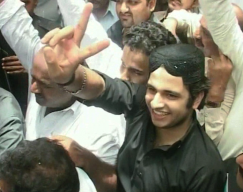
KARACHI:
As the judiciary in Pakistan strives to make sure that justice is imparted swiftly and equally, those with time to spare and wealth by their side use every resource possible to make sure that the litigation process is dragged on to exhaust the other side - a good case in point being the trial for Shahzeb Khan’s murder.
The delays or lethargy on part of the authorities were witnessed from the very beginning as the prime suspect, Shahrukh Jatoi, managed to escape to the United Arab Emirates two days after committing the offence. The police, Federal Investigation Agency and immigration officials, however, remained supposedly clueless as to how and when Shahrukh left.
Till December 30, none of the accused were taken into custody. By January 1, however, after the media highlighted the issue and members of the civil society continued their protests, the Chief Justice of Pakistan Iftikhar Muhammad Chaudhry took notice of the murder and summoned the Sindh police chief to Islamabad, giving him 24 hours to arrest the accused.
Under the apex court’s order, the accused Nawab Siraj Talpur, his brother Nawab Sajjad Talpur and their servant Ghulam Murtaza Lashari, were finally taken into custody and presented in the Anti-Terrorism Court.
On January 7, the ‘ghost passenger’ was also arrested from the Karachi airport after being deported from Dubai, UAE.
The trial, which was supposed to be wrapped up within a week as per the CJP’s order and as prescribed in the National Judicial Policy, lingered on for four months.
“The proceedings prolonged mainly due to the delaying tactics employed by the suspects’ lawyers and the unnecessary requests objecting to the trial process,” remarked a senior criminal lawyer on the condition of anonymity.
The frequent changes in the defence team and replacement of state prosecutors by the Sindh government added to the delays. In search for the best legal expertise, the suspects’ families had engaged and then given up at least five lawyers over the four months. It was the ‘mysterious’ replacements of at least five public prosecutors, however, which affected the case considerably.
The defence had filed at least four pleas with the Sindh High Court, raising multiple objections to the trial - among them was the contention that Shahrukh was a minor, for which he was examined twice and declared an adult both times.
The defence had also challenged the jurisdiction of the special ATC to try the case, asked for re-investigation of the case and for recording the statement of the chemical examiner in court.
Published in The Express Tribune, June 8th, 2013.
COMMENTS (3)
Comments are moderated and generally will be posted if they are on-topic and not abusive.
For more information, please see our Comments FAQ






















































the sindh government involved in delaying justice is re-elected...shame on us
Usurped money wont pay off this time Insha Allah
Do you see any shame in his eyes??? Disgusting!!!